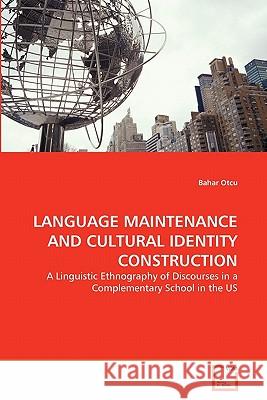Language Maintenance and Cultural Identity Construction » książka
Language Maintenance and Cultural Identity Construction
ISBN-13: 9783639245646 / Angielski / Miękka / 2010 / 336 str.
Many ethnolinguistic communities in the US rely on ethnic mother tongue schools for the continuity of their original language and culture. This ethnographic case study investigates the maintenance and development of the Turkish language and construction of Turkish identity in a Saturday school in New York. The study explores the stakeholders beliefs and practices in the school. The data analyzed through discourse analysis show that the Turkish language is the primary means to construct a Turkish cultural identity in the US. And yet, there is a gap between the first-generation adults and the second-generation students language and cultural beliefs and practices. While the educators emphasize Turkish as the school language, and teach via teacher-oriented pedagogies, students contest and resist the exclusive use of Turkish and the authoritative teaching style. But educators and students also adapt to each other. Teachers sometimes code-switch to English for educational purposes, and students choose Turkish to speak to adults. At home, parents continue Turkish ways of being. Five important roles of the Turkish school also emerged as a result of the study.











